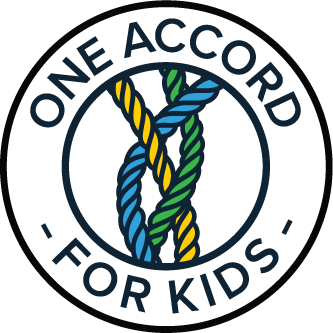In light of COVID-19 and our recent snowmaggedon, we’ve all found that being ready for disasters and the unexpected is vitally important – not only to ensure we aren’t without basic comforts during a storm or difficult time, but to make sure we simply survive when things go south.
More than once this year we have watched our grocery stores emptied out in moments of panic and concern and businesses shuttered not only because of the viral infection and concerns it has spread, but because they simply have nothing to sell and no way of getting products from their suppliers due to hazardous conditions between wherever they might be and here.
It has been a time that has tried our patience, our resolve, and our planning skills as businesses, families, and beyond.
Making a Plan
So where do we begin? If you Google “disaster plans,” you’ll find all sorts of ideas, recommendations, and even fancily-prepared plans that you can download. Many are good, especially those from FEMA, Homeland Security, The American Red Cross, and others whose business is mitigating disasters.
But each and every one of them is lacking. No one organization can plan for every event that might happen. Many organizations are good at what they do and only what they do. Their lists aren’t going to include things out of their skill set, which is why researching and thinking about your own family is always the best practice when making a plan.
But even then, every single one of these (at least that I have found) has left the true foundational key of making a plan out of their list and directions. What is that you might be asking the rambling man with a keyboard?
Laying the Foundation
Before you begin working on preparing for the physical needs of you and your family, you MUST take care of your spiritual needs first!
Now before I go any further, I will say that this post is going to serve as the kick-off of a series on my personal blog on this subject and when you get there, I’ll be expressing my beliefs more directly. For now, and to serve the wider community of One Accord, let’s agree to be general in this topic.
Whether you are, like me, Christian, or you choose another faith tradition, you need to know your faith and who or whatever it is that you do believe, so that you can pull from those beliefs when things get hard. Is your faith going to be the magic thing that gets you through? Not always, but often your faith alone will bring you the peace and comfort you need to keep a level head when the going gets tough. So, before you buy those new generators, before you fill your pantry with peanut butter and crackers, before you act on the fear you’ve felt during the last year, make sure that you first are spending time each and every day working on your faith. Study the words of your faith’s teachers, talk to the God of your understanding. Then as you take the steps we’ll talk about in coming weeks on Lighthouse for a Wandering Souls, you’ll be better able to take those steps comfortably and confidentially.
For when your foundation is sure, the house has a better chance of weathering the storm when it comes!


